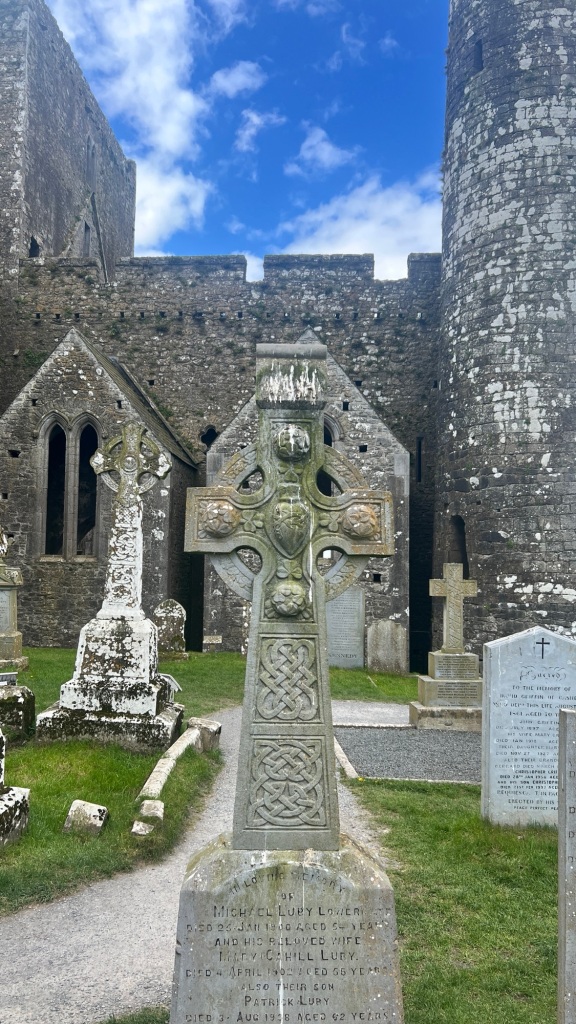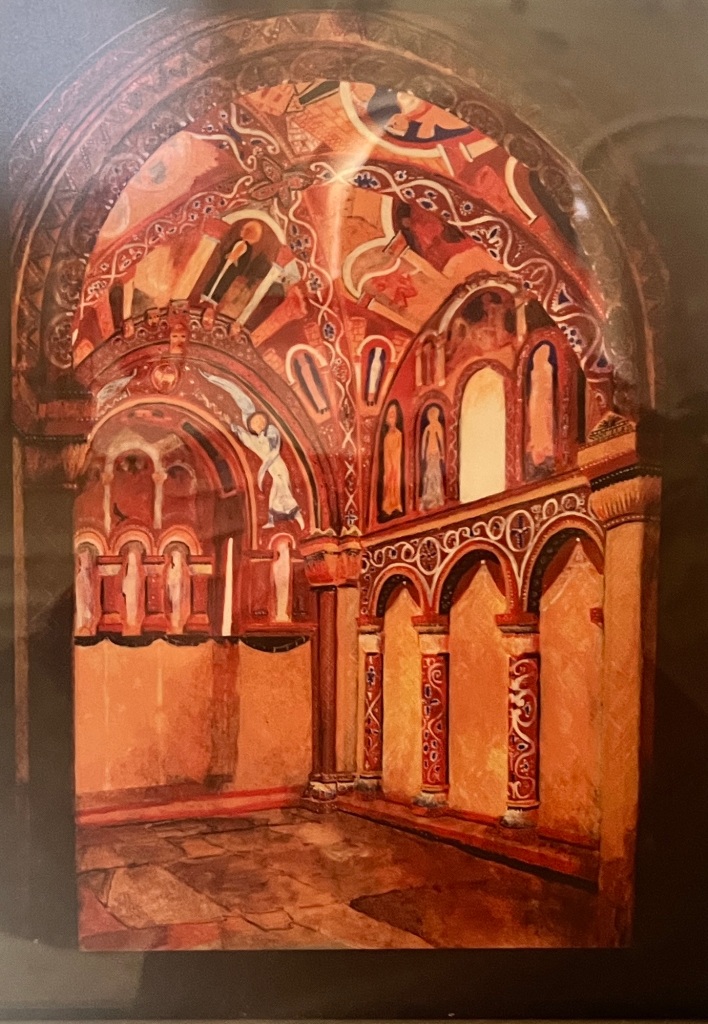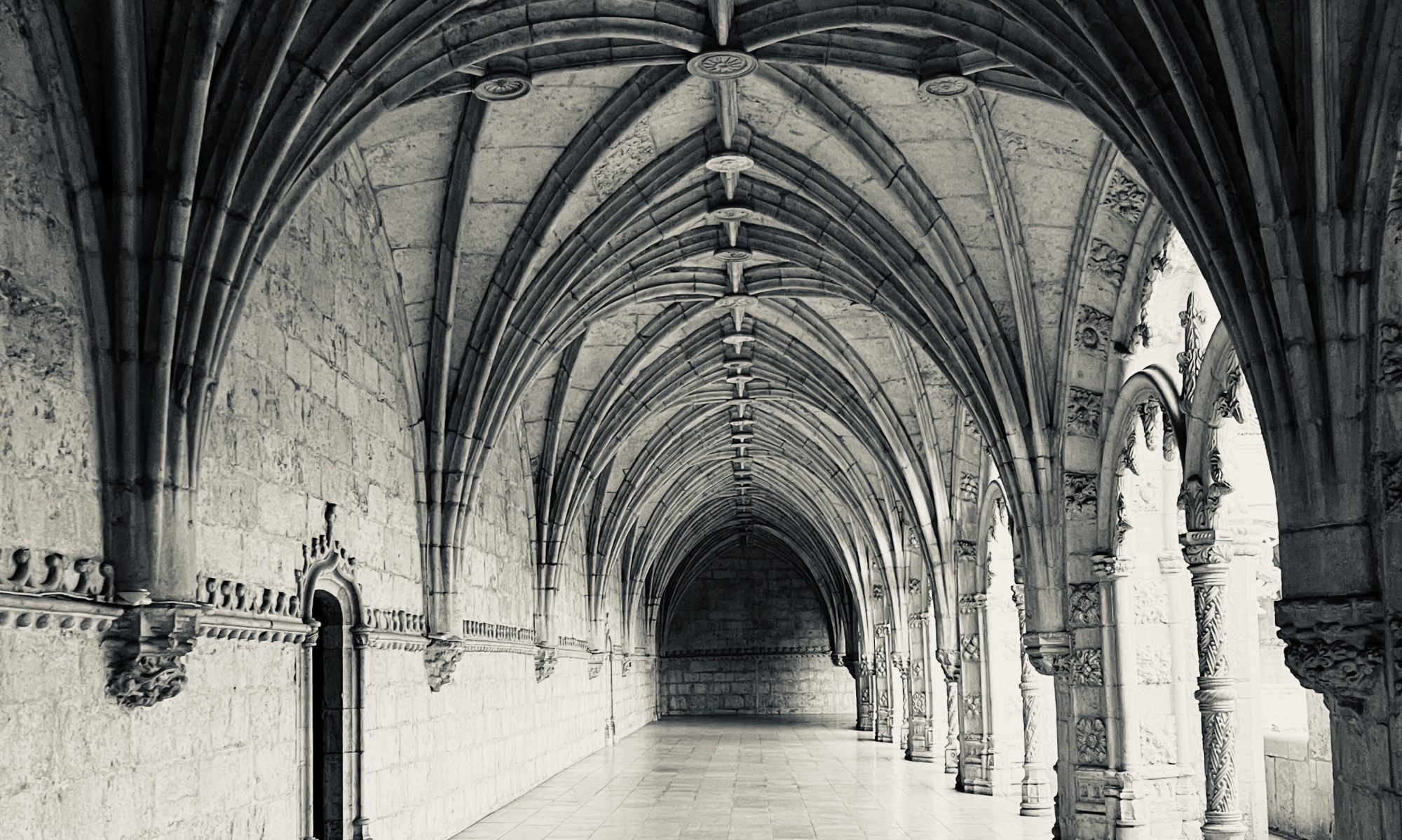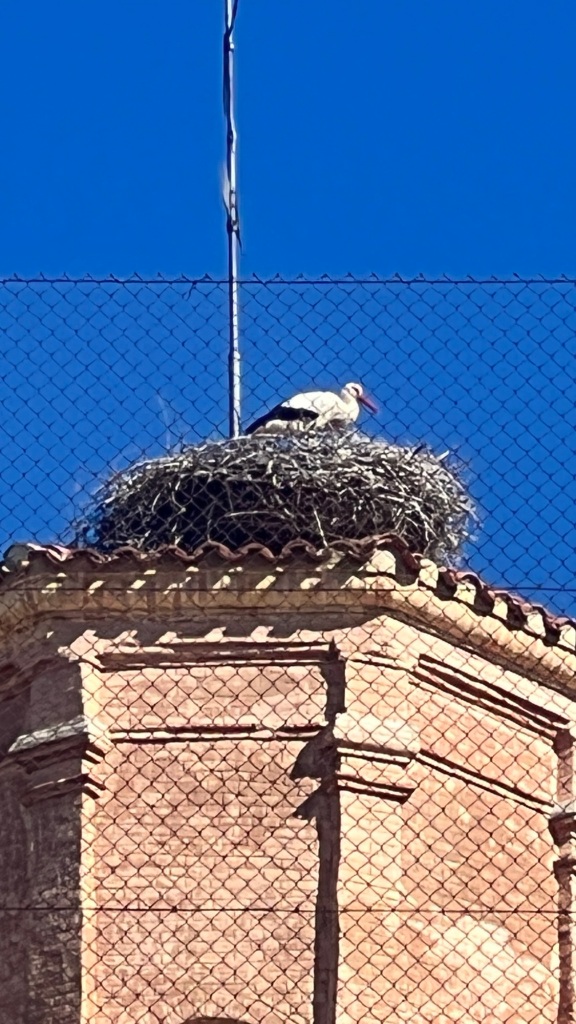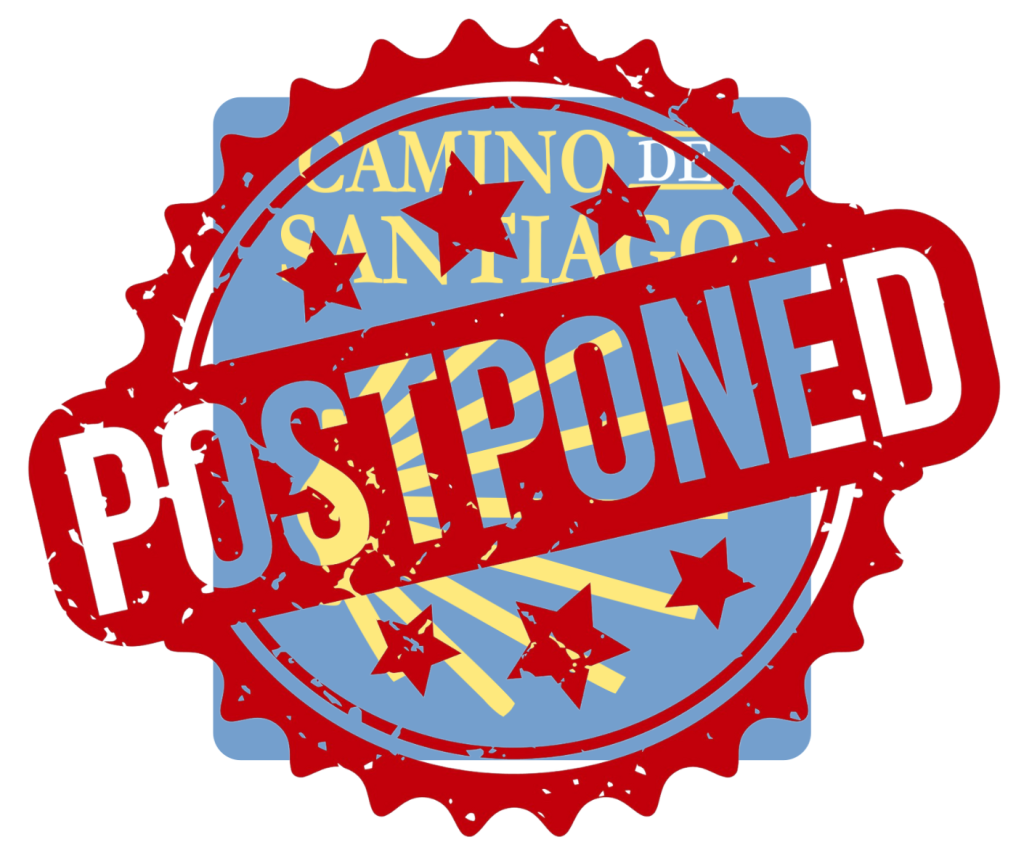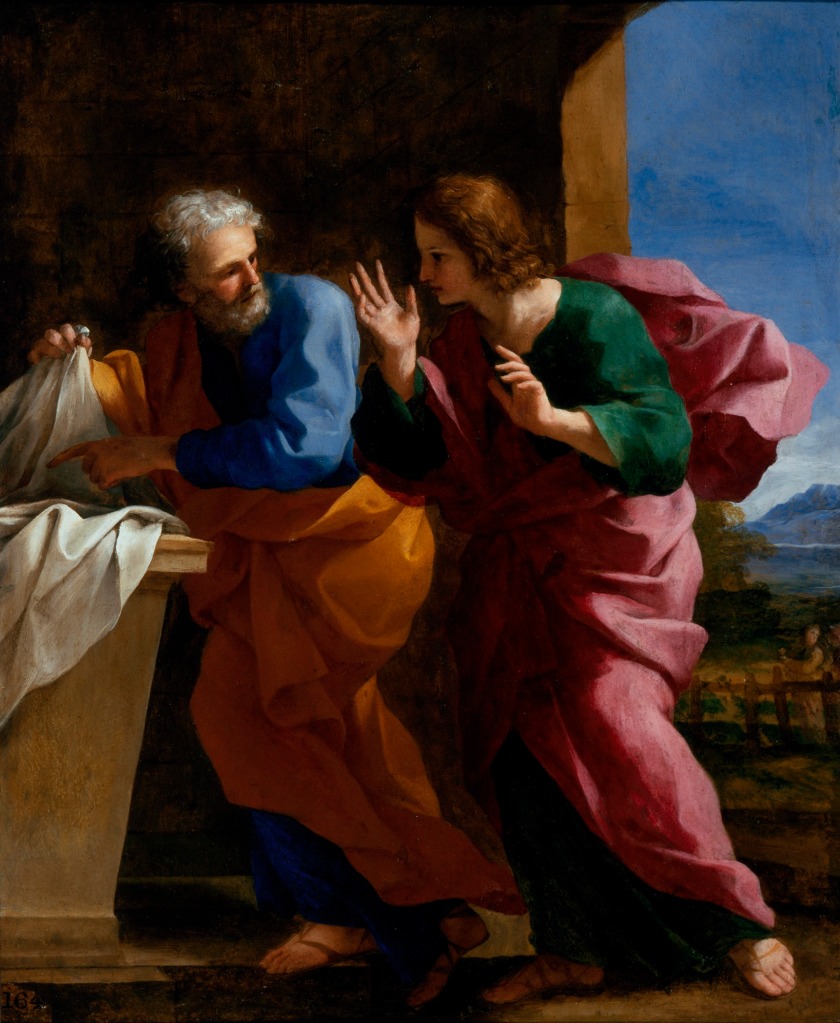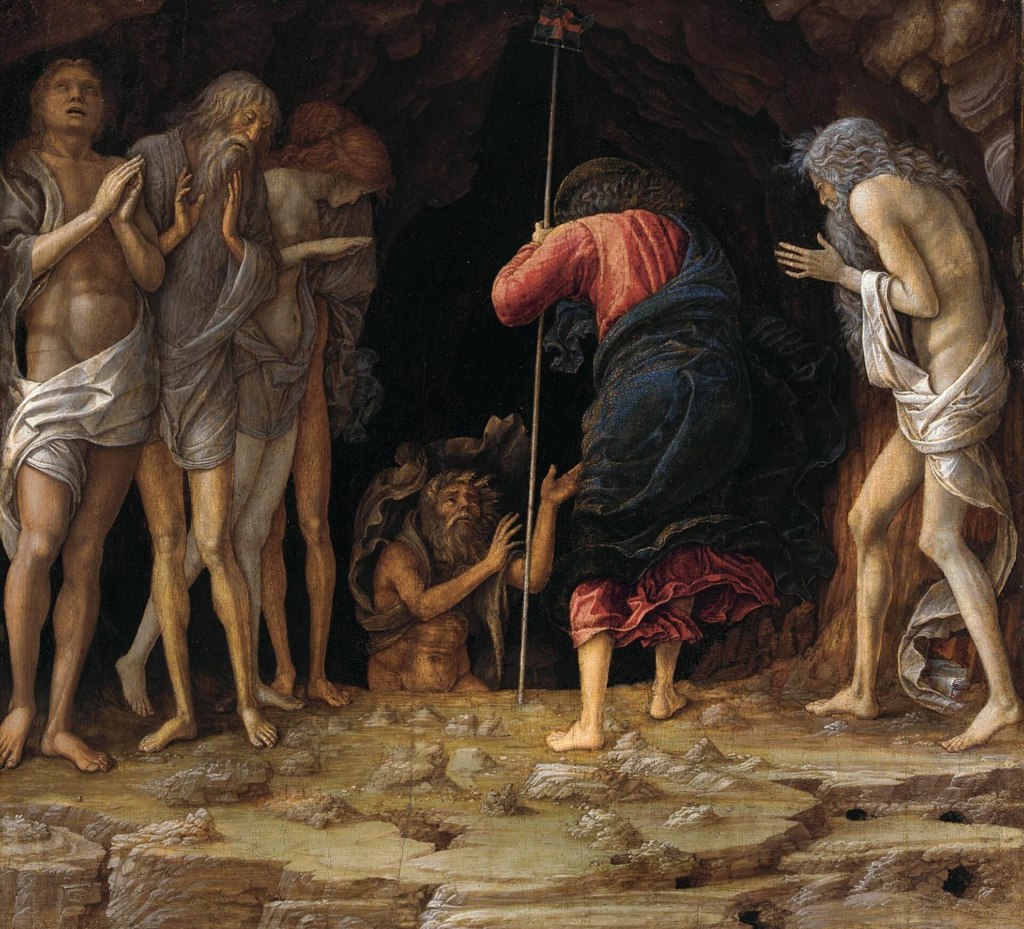Doc Pierre decided that he wanted to get into the ranching business, so he went out and purchased himself a bunch of cows and put them out on the pasture. He also knew he would need a bull, so he called up one of his hands, Ol’ Boudreaux, and gave him the plan.
“Boudreaux,” he says, “I’m going out to find the bull. Once I’ve purchased one, you hook the trailer to that pick ‘em up truck of yours and come fetch it.”
“How will I know?” Bou asks.
Doc Pierre says, “I’ll send a telegram,” and it was all set.
Doc Pierre goes out searching for the bull with $5,000 in his pocket. He finds one for exactly $5,000. Hoping to lower the price, he asks the rancher if that is the best offer. “Well, I suppose I could let it go for $4,999.” Doc Pierre thinks it’s a good deal and takes him up on it. Then, he heads to Western Union to send the telegram to Boudreaux, but it is there that he learns it’ll cost him $1 per word, and all he’s got left is a $1. He thinks on it a moment, then writes out a one-word message to Boudreaux.
The telegraph operator looks at it questioningly, then back up to Doc Pierre. Doc Pierre nods in understanding and explains, “Boudreaux don’t read so good, so he’ll have to sound it out first. He’ll get the message.” The telegraph operator said OK and sent the one-word telegram: “Comfortable.”
About an hour later, Boudreaux showed up with the pick ‘em up truck and trailer.
Doc Pierre sent, “Comfortable,” and Boudreaux had to sound it out, “Come.. for… da… bull.”
Have you heard of response latency? It is defined as “The interval of time elapsing between a stimulus and a response.” (Source) You may not have heard of it, but you may have just experienced it. I told you what I hoped was a good joke, and hopefully, you laughed! However, there was a short period of time between the punch line and you getting the joke and laughing. The time between is the response latency. It is the time when you have all the necessary information, but not quite yet understanding. It is the time leading up to a moment of clarity or an “Aha!” moment or epiphany. Response latency.
Our Gospel reading this morning tells us that Mary Magdalene went to the tomb of Jesus, found the stone rolled away, and ran back and told Peter and John. Hearing this, the two disciples take off. John outruns Peter and arrives first. John stands just outside the tomb, but Peter—never really one for restraint—goes barging in. After gaining his courage, John follows. There, they discover the linen shroud that had covered Jesus’ body and the veil that had been over his face, but the body of Jesus is not there.
The image on the front of your bulletin depicts the scene. The painting St. John and St. Peter at Christ’s Tomb (c.1640) is by the Italian artist Giovanni Francesco Romanelli. Peter, on the left, is pointing at the shroud and seems to be staring off, trying to understand, but for John, the response latency is ending. The pieces are falling into place. It is like he is holding up his hands to tell Peter to be quiet so that he can think. The reading tells us that the disciple whom Jesus loved, John, “saw and believed.” Romanelli captured that moment.
The reading then tells us that the two returned home, but Mary, who must have followed behind the footrace, remained. She leaned into the tomb and saw and spoke to the angels, then turning, she saw the gardener, not knowing it was Jesus.
Now, this is an interpretation on my part, but the gardener was there all along, watching. Maybe he was out of sight, or maybe, in all the excitement and rushing about, all three saw him but more or less dismissed him. Either way, I believe the gardener, Jesus, was there watching this entire scene unfold. And I believe Jesus anxiously anticipated the end of John’s response latency when all the pieces came together. When they did, Jesus smiled and said to Himself, “That’s my boy.” Working behind John’s understanding is God’s grace.
St. John later tells us, “We love because he first loved us” (1 John 4:19), and St. Paul tells us, “For by grace you have been saved through faith. And this is not your own doing; it is the gift of God” (Ephesians 2:8). Believing in Jesus is a grace—a gift from God. Jesus anxiously anticipated all the pieces falling together for John to believe, but the reason this could happen for John was because God first loved John—God’s grace was given to John so that he might believe.
Today, we are the ones standing in the tomb. We are the ones seeing the shroud and other linen. Like John, we have all the teachings of the Prophets and all the words and deeds of Jesus at our disposal. In addition, we have the teachings of the Apostles, the Saints, and the Church. We have all the information. Question: have they fallen into place for you, or are you still in that time of response latency? If yes, if they’ve fallen into place, then have a passion for souls and pray that others may receive the light of the Gospel. If not, then pray for God’s grace, so that He might give you understanding.
“Early on the first day of the week, while it was still dark,” and before Mary Magdalene arrived at the tomb, Jesus rose from the dead—He is “the firstborn from the dead.” (Colossians 1:18) He did this out of His great love for us and accomplished it so that you and I might also be given eternal life with Him.
This is your first day of the week. The empty tomb is before you. Pray that all the pieces, all the information falls into place and that God’s grace pours out upon you that you might believe and live.
In 1917, the Virgin Mary appeared six times to three young children near Fatima, Portugal. On the second appearance, she gave them a prayer that she asked to be added to the end of each decade of the Rosary. Whether you pray the Rosary or not, it is a prayer worth learning. It is known as the Fatima Prayer.
Let us pray: “Oh, my Jesus, forgive us our sins. Save us from the fires of Hell and lead all souls to Heaven, especially those in most need of Thy mercy. Amen.”






